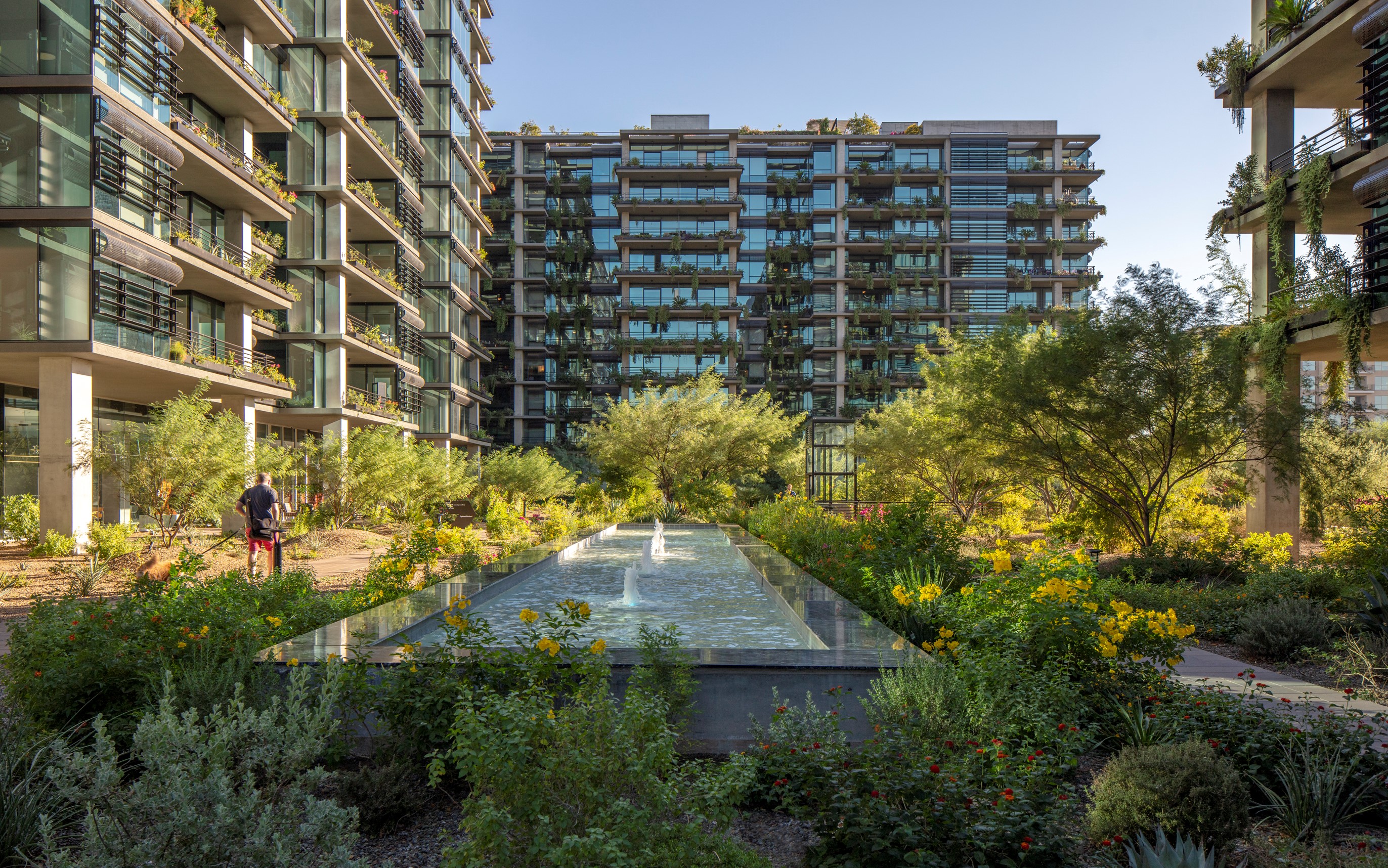Purchasing a condominium is often the choice of people who place a high value on convenience. Getting that convenience means you may have to deal with extra challenges when it comes to qualifying for a mortgage.
What is a condominium?
Condominiums are individual units within a community living complex. They often look like apartments, however instead of renting you own your private condominium. Common areas throughout the complex like pools, lounges, tennis, and basketball courts are collectively owned by all the complex’s residents through a homeowner’s association (HOA).
READ ALSO: 5 most expensive cities in Arizona real estate market
Condominiums are often popular in cities with high property values. They are a great option for potential homebuyers who cannot afford a single-family home and for people looking to downsize later in life. Condominium complexes also offer conveniences that might be difficult for an individual to afford on their own like swimming pools and regular maintenance.
Understanding condominium mortgage rates
Mortgage interest rates for condominiums are typically higher than what the same individual would pay if they were purchasing a single-family home with similar terms. Lenders see these mortgages as riskier than traditional single-family home mortgages.
Conventional Mortgages
Most conventional mortgages will have higher interest rate than what a homebuyer would pay for a single-family home because simply these are considered higher risk loans to underwrite.
FHA loans
Potential homebuyers seeking a Federal Housing Administration loan can make a down payment on a condominium for as little as 3.5% and still pay the same rate as they would with a larger down payment. Unlike Conventional loans, FHA loans charge an upfront mortgage insurance fee of 1.75% of the total loan amount. Some lenders may charge higher mortgage rates for condominiums, but increases are typically small.
Association fees
When thinking about buying a condominium do not neglect to consider the HOA fees involved with the purchase. All condominiums have HOAs. These associations are responsible for repairs and upkeep of the building’s exteriors, grounds, and common areas. HOAs receive funding through dues paid by the condominium owners each month in addition to their mortgage.
HOA dues can vary widely and are dependent on the amount of service they provide. Condominium owners will rarely find HOA dues lower than $100 a month and should expect upwards of $500 a month for high-end properties. You may look at HOA fees as an added-on tax for living in a condominium, but they can help you save money in diverse ways. Since the association handles taking care of the grounds and outdoor repairs, condominium owners do not have to worry about unforeseen costs such as repairing a roof or purchasing and operating a lawnmower. When looking at condominium complexes be wary of low HOA fees. This may be a sign that the complex is not charging enough to properly maintain the area, which will lead to a loss in the value of your condominium over time.
Pros and Cons
Condominiums can tend to appreciate at a slower rate than traditional single-family homes. With lower appreciation rates it means condominiums can be more affordable than other housing opportunities in the same area. Owning a condominium allows you to take advantage of specific tax deductions for being a homeowner.
When looking at complexes you will want to make sure the association has their business in order, and you understand their expectations. Many complexes have rules like quiet hours or no dogs of certain breeds. Others may dictate the length of your grass or how many cars you can have in your driveway. Condo HOAs all enforces differing sets of guidelines and rules, so it is up to you to do your research and make the best choice for your living situation.
Researching the ins and outs of buying a condominium will breed more confidence in your decision. Speak with a mortgage broker to find the best deal for your situation. Speak with condominium associations and residents about the property. It is best to find out about issues before you buy and move in. You want to make sure you are purchasing the best property possible. Condominiums are not any better or worse than other housing types, but you need to make sure this specific property is right for you.
Author: Deb Klein is the Branch Manager at Reliability in Lending-PRMI Chandler and has been helping people realize their dream of homeownership since 2004. She specializes in the purchase and refinancing of both primary and secondary (vacation or investment) homes. Deb and her team have the expertise to streamline the loan process for a quick and efficient turnaround. She has been recognized by Phoenix Magazine as a Five Star Mortgage Professional for the past two years.




